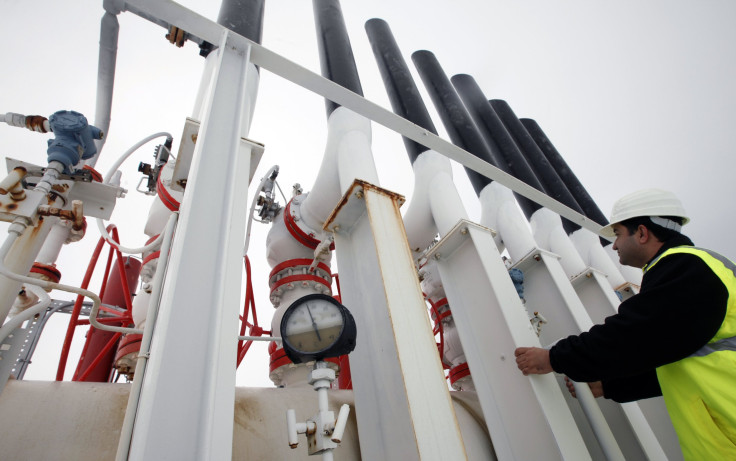Explosion On Turkey-Iran Border Shuts Down Gas Pipeline Flow

An explosion on a natural gas pipeline between Iran and Turkey on Monday led to a massive fire and the shutdown of the gas flow between the two countries, reports said, citing Turkey's Energy Minister Taner Yildiz. The explosion took place in the Agri province, about 9 miles from the Iranian border.
Yildiz said that the fire was soon brought under control by firefighting teams. Nobody has claimed responsibility for the attack yet, but local media suspect the involvement of the Kurdistan Workers Party (PKK), Agence France-Presse (AFP) reported. On Monday, Turkish Prime Minister Ahmet Davutoglu also vowed to increase the military operations against the PKK, which is considered a terrorist organization in Turkey and the U.S.
“The blast caused a fire breakout, however, in a short time we managed to extinguish it. After repairing it, the gas flow will resume,” Yildiz said, according to Kuwait News Agency, adding: “We have taken measures to meet the natural gas demand in the area. Turkish citizens and industrialists should be at ease.”
According to a report by Reuters, an official from the country’s state pipeline operator Botas said it was not clear when the flow will resume. Currently, Turkey purchases about a quarter of its 40 billion cubic meters of piped natural gas from Iran, making the latter the second-largest supplier to the country after Russia.
The attack comes amid rising violence in the region in recent weeks. Last week, Turkey launched raids against Kurdish rebel bases in northern Iraq, ending a weak ceasefire that had largely been in place since 2013. PKK has said that the truce between the militants and the government was rendered meaningless only after airstrikes against Kurdish rebels, AFP reported.
Late Monday, a paramilitary police commander was shot dead in the Kurdish part of eastern Turkey, and it was suspected that the PKK was behind the attack, though no group took responsibility. On Sunday, a car bomb killed two Turkish soldiers, and the PKK’s military wing took responsibility for the attack, AFP reported.
The PKK has previously attacked pipelines as part of the group’s armed campaign for autonomy, according to the AP.
© Copyright IBTimes 2025. All rights reserved.






















